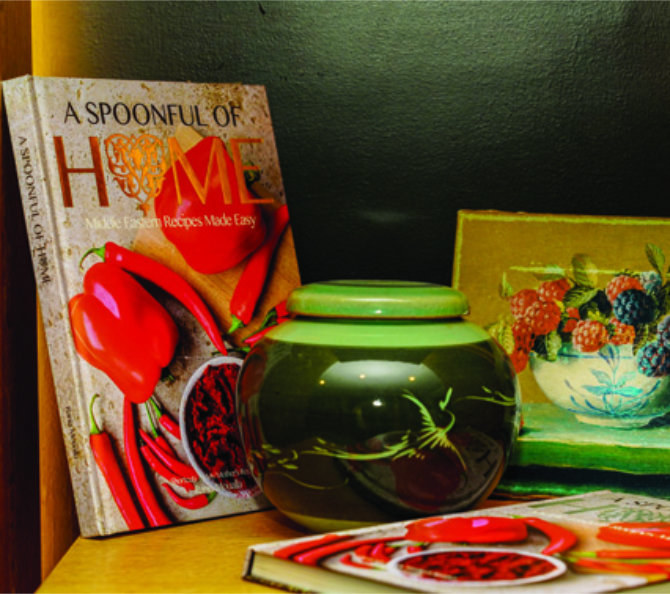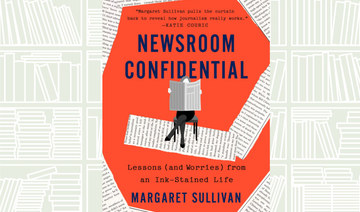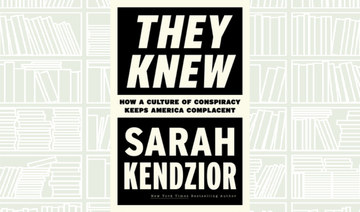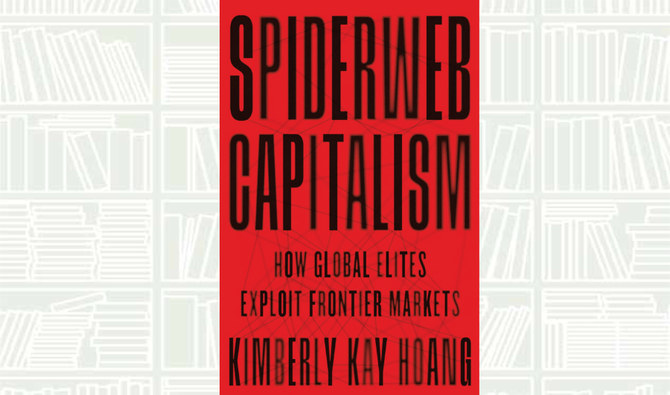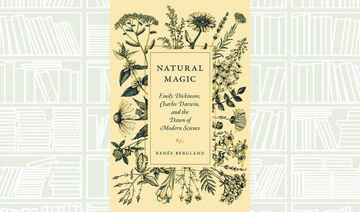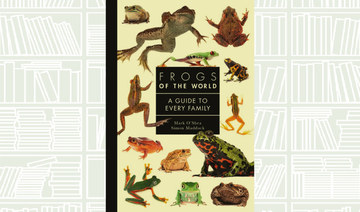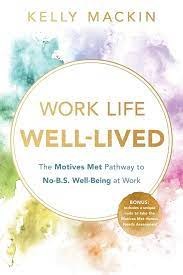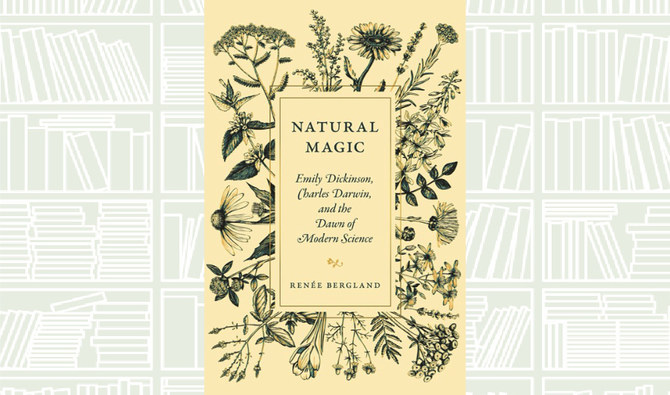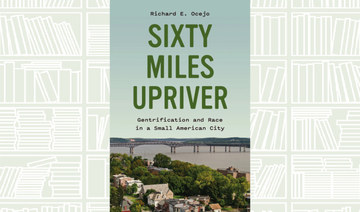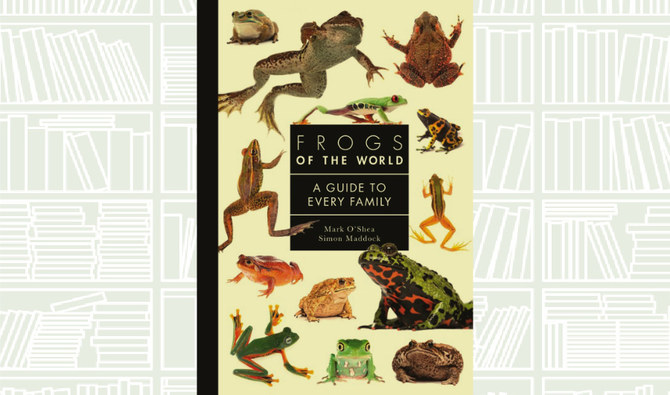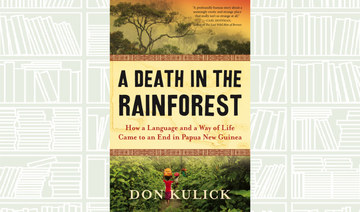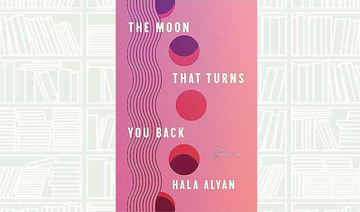Rania Moualla, the founder of Saudi culinary academy ZaDK, is happiest in the kitchen.
At her home in Alkhobar, she loves to prepare meals for her family and guests.
She said the main ingredient of her creations was always love but she also sprinkled a few fun innovative twists into her favorite Middle Eastern dishes.
She has collected recipes that her Syrian mother prepared for her as a child and compiled an updated version of them for her “A Spoonful of Home” cookbook, with accurate measures and cooking times.
Her love of Saudi Arabia is evident in the book with dishes such as date rocca salad, maamoul, and tuna kabsa.
Moualla tries to minimize food waste, for example, saving scraps of bread to toast for fattet hummus, and freezing prepared meat to save time and reduce overall waste.
Her cookbook is a love letter in book form to her mother, who equipped her with her culinary skills.
Photographic illustrations for the book were taken by Moualla’s friend Bushra al-Hindi, and all the dishes were cooked, prepared, plated, and shot in Moualla’s kitchen, using her own tableware.
With categories such as appetizers, and salad as main dishes including seafood, chicken, and meat, there is also a section dedicated to desserts and jams, and another just offering cooking tips.
All proceeds from book sales go to ZaDK’s food for change initiative. Priced at SR250 ($66), “A Spoonful of Home” can be purchased from the ZaDK website.



